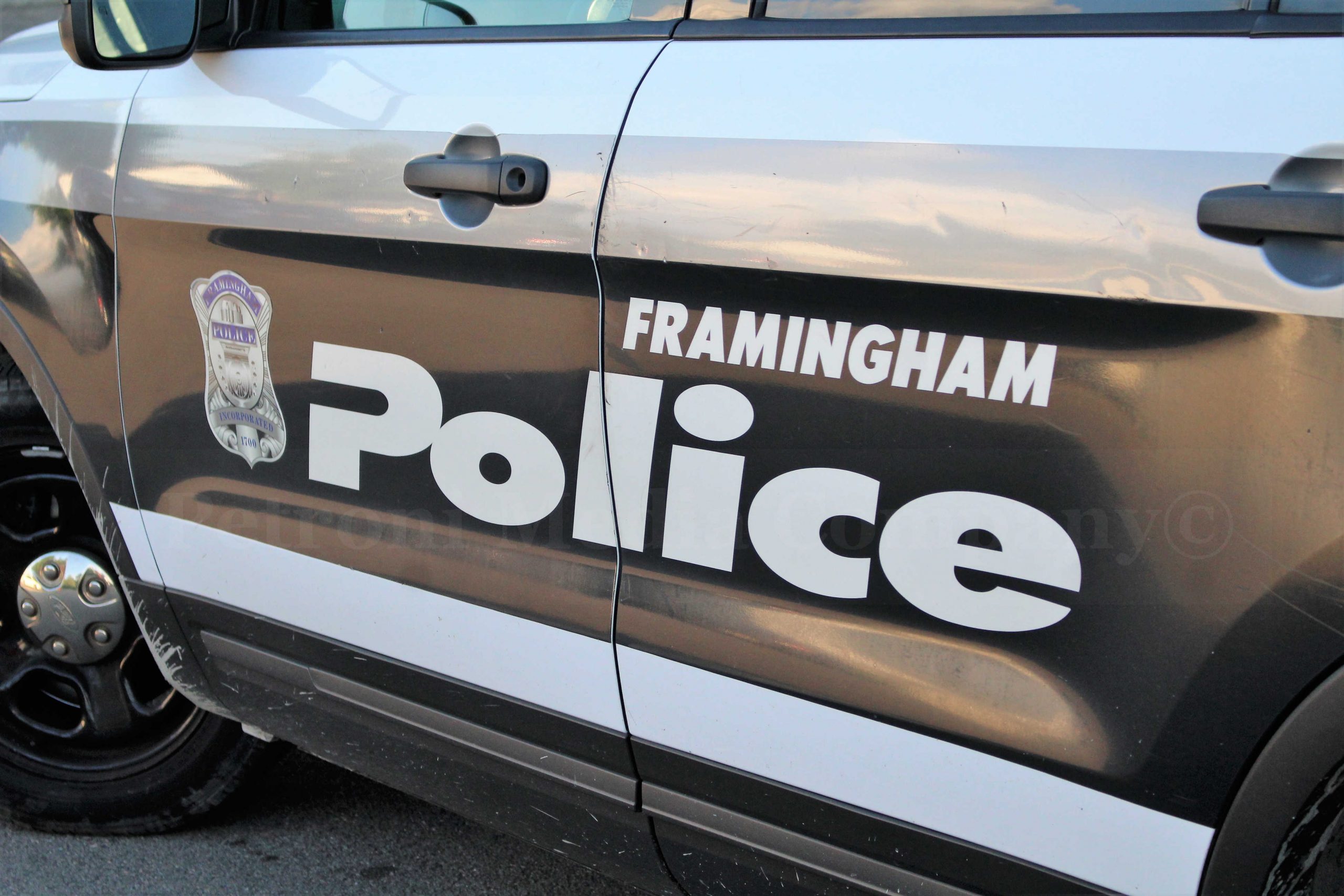[broadstreet zone=”52386″]
FRAMINGHAM – Framingham Police are investigating a scam that cost a Framingham resident $6,000.
Police were called to the Musterfields, a Framingham Housing Authority property, for a larceny on December 12 at 5:55 p.m.
“This was a Facebook scam claiming prize money was won and taxes needed to be paid on winnings,” said Framingham Police spokesperson Lt. Rachel Mickens.
The individual paid $6,000, said the Police spokesperson.
According to BBB Scam Tracker data, sweepstakes scammers reach out through a variety of channels: phone calls, email, social media, notices in the mail, and text messages.
They may impersonate well-known sweepstakes such as Publishers Clearing House or a state or provincial lottery.
[broadstreet zone=”59946″]
The “winner” is told to pay taxes or fees before the prize can be awarded.
The prize does not exist, something the people may not realize before paying thousands of dollars that cannot be recouped.
People over the age of 55 continue to be the primary target of sweepstakes, lottery, and prize scams, representing 72% of fraud reports for this type of scam received by BBB Scam Tracker during the last three years.
Of the older consumers who were targeted, 91% reported that they lost money. Adults over 55 lost an average of $978 while those 18-54 lost an average of $279, according to Scam Tracker reports
[broadstreet zone=”59947″]
However, the harm suffered by lottery fraud victims can far exceed the loss of that money. The losses can put severe strains on family trust, and victims have even committed suicide. In addition, repeat victims may have difficulty ending their involvement in a lottery scam, and they may become money mules who receive and forward money from other lottery fraud victims, said the Better Business Bureau.
The Better Business Bureau offers the following tips:
How to tell fake sweepstakes and lottery offers from real ones:
- True lotteries or sweepstakes don’t ask for money. If someone wants money for taxes, themselves, or a third party, they are most likely crooks.
- You have to enter to win. To win a lottery, you must buy a lottery ticket. To win a sweepstakes or prize, you must have entered first. If you can’t remember doing so, that’s a red flag.
- Call the sweepstakes company directly to see if you won. Publishers Clearing House (PCH) does not call people in advance to tell them they’ve won. Report PCH imposters or check to see if you have actually won at 800-392-4190.
- Check to see if you won a lottery. Call the North American Association of State and Provincial Lotteries at 440-361-7962 or your local state lottery agency.
- Do an internet search of the company, name, or phone number of the person who contacted you.
- Law enforcement officials do not call and award prizes. Verify the identity of the caller and do not send money until you do.
- Talk to a trusted family member or your bank. They may be able to help.
[broadstreet zone=”59983″]
If you think you have been a target of lottery/sweepstakes fraud, file a report with:
- BBB Scam Tracker, or contact your local BBB
- Federal Trade Commission (FTC), or call 877-FTC-Help
- U.S. Postal Inspection Service has experts to help with chronic sweepstakes scam victims and can be reached at 1-877-876-2455 or uspis.gov
- Senate Subcommittee on Aging Fraud hotline: 1-855-303-9470
- Western Union: 1-800-448-1492; file a complaint at westernunion.com
- MoneyGram: 1-800-926-9400; report a problem at moneygram.com
- Green Dot: 1-866-795-7597; contact greendot.com
- Canadian Anti Fraud Centre: toll free from the US at 1-888-495-8501
- Adult Protective Services: local help at elderjustice.gov for vulnerable or older adult victims
- Facebook: log reports oflog reports of hacked or fake profiles


